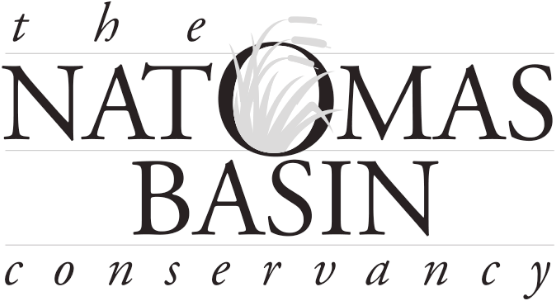Conflict of Interest
“In accordance with the provisions of that certain Implementation Agreement for the Natomas Basin Habitat Conservation Plan, dated December 8, 1997, and entered into by and between the USFWS, CDFG, the City of Sacramento, the County of Sutter and the corporation dated as of June 27, 2003 and July 10, 2003 (“Implementation Agreement”), Directors and employees of the corporation shall be subject to and shall comply with the provisions set forth in Government Code Section 1090 et seq.
“In addition, in furtherance of the provisions of the Implementation Agreement, the corporation has voluntarily approved and adopted a Conflict of Interest Code (“Conflict Code”) that is identical to the requirements and provisions set forth in the Political Reform Act, Code Section 81000 et seq., and the regulations adopted by the Fair Political Practices Commission, Title 2, California Code of Regulations, Section 18730. A copy of the Conflict Code shall be maintained in the offices of the corporation, and shall be available for public inspection and reproduction in accordance with Article X, Section 5 of these Bylaws. All Directors and employees of the corporation shall be subject to and shall comply with the requirements and provisions set forth in the Conflict Code, including without limitation the disclosure and reporting requirements set forth in the Conflict Code.
“In addition, the corporation and its directors shall abide by the provisions of Section 5233 of the Nonprofit Public Benefit Corporation Law regarding “self-dealing” transactions, which section provides that:
No Director of this corporation nor any other corporation, firm, association, or other entity in which one or more of this corporation’s Directors are directors or have a material financial interest, shall be interested, directly or indirectly, in any contract or transaction with this corporation, unless (a) the material facts regarding the Director’s financial interest in such contract or transaction or regarding such common directorship, officership, or financial interest are fully disclosed in good faith and noted in the minutes, or are known to all members of the Board prior to the Board’s consideration of such contract or transaction; (b) such contract or transaction is authorized in good faith by a majority of the Board by a vote sufficient for that purpose without counting the votes of the interested Directors; (c) before authorizing or approving the transaction, the Board considers and in good faith decides after reasonable investigation that the corporation could not obtain a more advantageous arrangement with reasonable effort under the circumstances; and (d) the corporation for its own benefit enters into the transaction, which is fair and reasonable to the corporation at the time the transaction is entered into. This Section does not apply to a transaction that is part of an educational or charitable program of this corporation if it (a) is approved or authorized by the corporation in good faith and without unjustified favoritism, and (b) results in a benefit to one or more Directors or their families because they are in the class of persons intended to be benefited by the educational or charitable program of this corporation.
